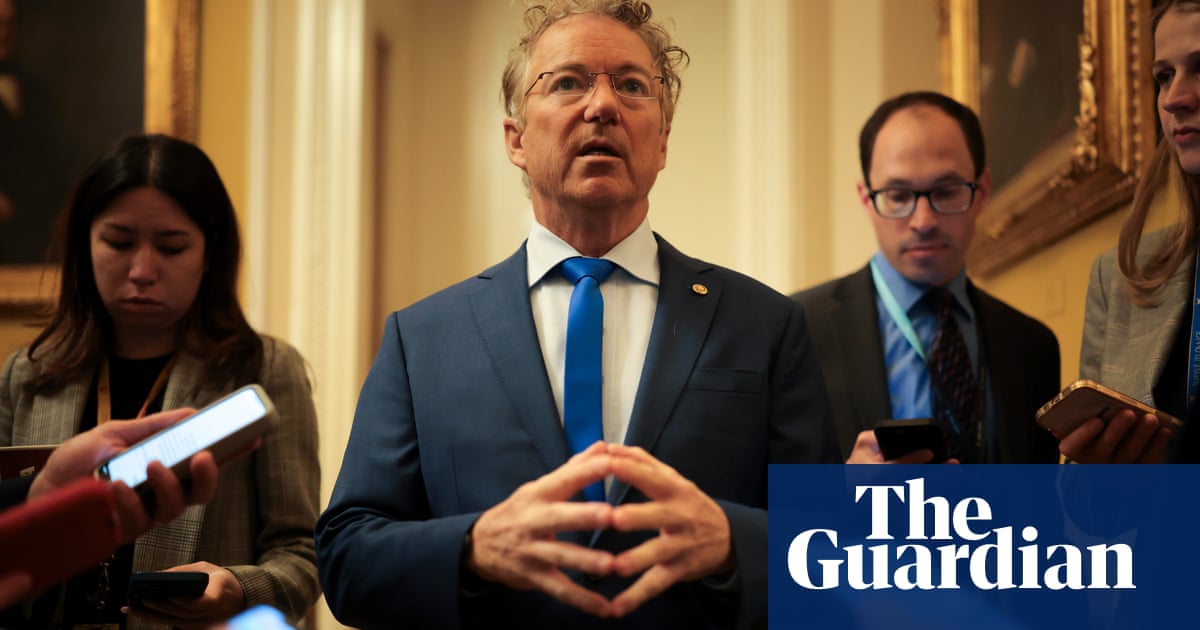The 7th meeting of the Glasgow Committee on Non-Market Approaches (GCNMA) will happen from June 16 to June 26, 2025, during the UN Climate Convention’s 62nd meeting in Bonn. This meeting is crucial as it will shape how the non-market-based approaches (NMAs) under Article 6.8 of the Paris Agreement are put into action. So far, progress has been slow.
But what exactly is an NMA? A non-market approach includes various strategies that countries can use to tackle climate change. These approaches are diverse and aim to adapt to new climate challenges while promoting sustainability. The discussions around Article 6.8 are special because they focus on practical actions that countries can take to address climate issues.
Current examples of NMAs include efforts in policy reform, sustainable agriculture, and promoting deforestation-free commodity production. Moreover, NMAs are linked to national adaptation plans and initiatives involving local communities and indigenous peoples.
As of now, only one NMA—the Adaptation Benefit Mechanism (ABM)—has been uploaded to the NMA platform. This initiative was introduced by Uganda along with several other African nations.
Moving Forward with the GCNMA Roadmap
The GCNMA was formed during COP26 in Glasgow, and its roadmap is designed to guide future actions. It consists of two phases. The first phase ran from 2023 to 2024 and focused on creating useful tools, sharing best practices, and effectively engaging stakeholders. As the second phase begins, it’s vital to maintain momentum.
Challenges in Phase 1 Implementation
During COP29, barriers to the success of the first phase were highlighted, including:
- The NMA platform isn’t user-friendly for everyone.
- It lacks a clear definition and criteria for NMAs.
- Only two parties are required for registration, which can limit wider participation.
- There’s insufficient financial backing for NMA projects.
- Technical expertise and training are lacking.
The CGIAR, which focuses on global agricultural research, recognizes the importance of NMAs in improving food systems and climate resilience. It proposed a tool to help simplify the registration process for NMAs, aiming to make it more accessible.
The Road Ahead
As the next meeting approaches, key discussions will address how to maximize the NMA platform. Feedback from various countries has revealed that many stakeholders are unaware of how to engage with NMAs effectively. For example, Bolivia and Mauritius suggested building technical capacity and enhancing frameworks to support NMAs. They emphasized including more diverse voices, such as local communities and indigenous groups, in planning and decision-making processes.
Moreover, some countries like Uganda and the EU highlighted the need for better navigation within the NMA platform and improved visibility of resources.
Addressing these challenges is crucial. A recent survey by the World Resources Institute found that 57% of respondents from developing countries felt they lacked adequate support in climate action initiatives. This statistic showcases the urgency for more accessible frameworks and financial assistance.
As we approach the 7th GCNMA meeting, it’s vital to foster collaboration and innovative solutions. By prioritizing NMAs, we can drive significant changes that not only meet climate goals but also support sustainable development overall.
This moment is a chance to redefine our approach to climate action, ensuring that diverse, non-market strategies play a key role in our global efforts against climate change.
Written by Stephen Leonard and Ma. Eliza J. Villarino





















